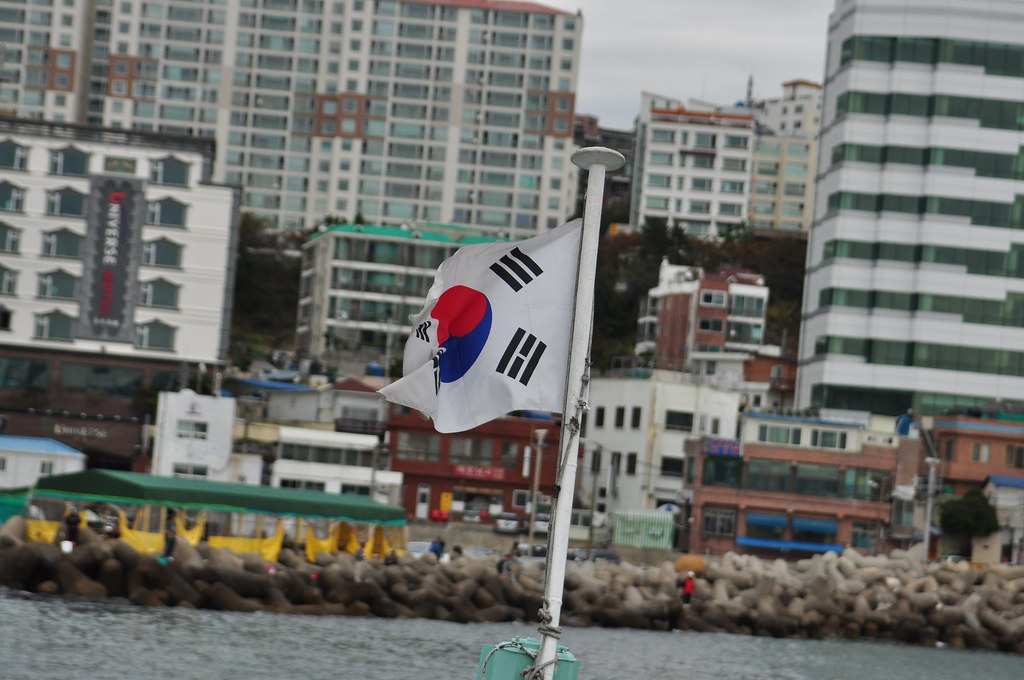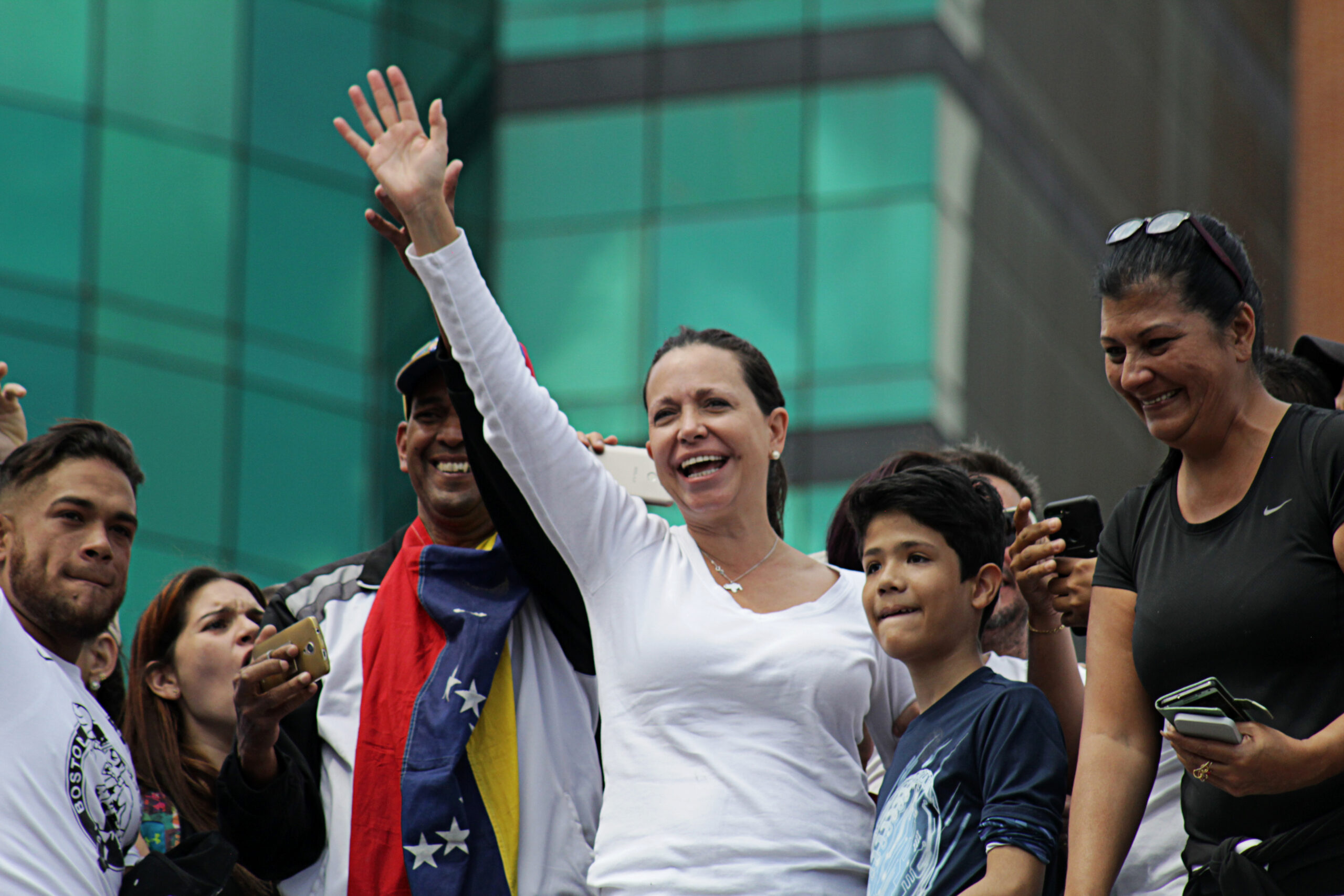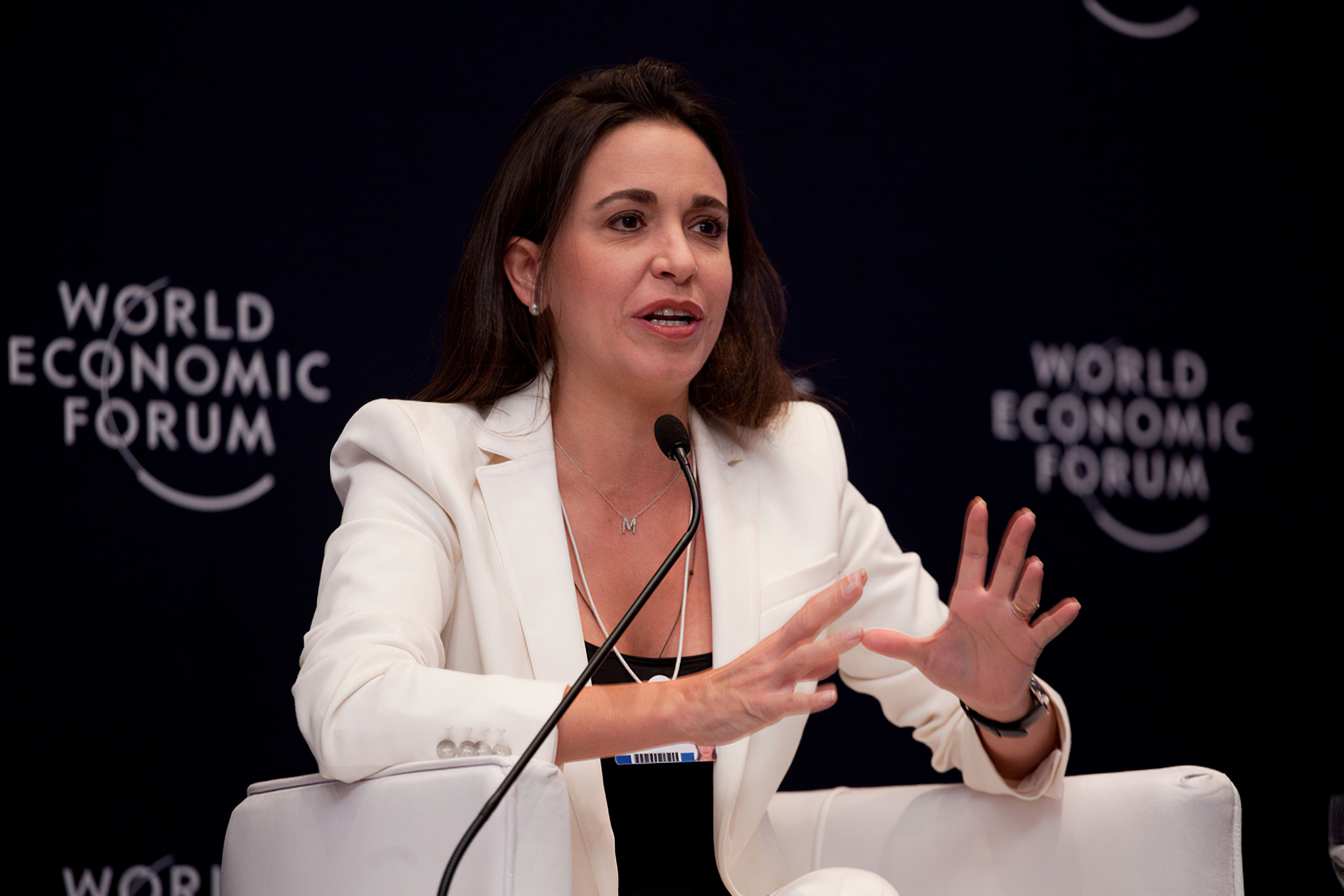By Matija Šerić
War is a violent act whose goal is to force the opponent to submit to our will – this is the famous definition of the Prussian military theorist and general Carl von Clausewitz from the 18th and 19th century. The definition is just as relevant today as it was at the time of writing. War, as a social act, presupposes conflicting interests, i.e. conflicting political communities. Each of them seeks to defeat the other. “Violence, that is, physical violence, is therefore the means, the goal is to impose our will.”
Wars Are Regularly Cruel
From this definition, Clausewitz derives the tendency of war to escalate to extremes or even take on an absolute form. “War is an act of violence, and there are no limits to the manifestation of this violence. Each opponent imposes its will on the other, from which arises mutual action which, as a concept, must develop to the utmost,” wrote the famous Prussian general. Wars between civilized states are not less cruel than wars between savage tribes. This is because the fundamental cause of war is hostile intent, not the feeling of hostility. The intent is political, and it may aim at conquering territory, resources, or at achieving some higher goal.
Almost always, when there is hostile intent on both sides, passions and hatred seize the fighters, but in theory one can imagine a great war without hatred. At best, one can say that in the case of civilized nations, intelligence plays a greater role in the conduct of war, because it has taught them to use force more efficiently than the crude manifestation of instinct. However, the desire to destroy the enemy, inherent in the concept of war, is by no means blocked or suppressed by the progress of civilization. This was well demonstrated by the Second World War, as well as by modern terrorism and the subsequent war against terrorism.
War as Competition
There is both theory and practice of war. The goal of military operations, in the abstract, is to disarm the opponent. And since one warring side wants to force the opponent, through the act of war, to submit to its will, it must either actually disarm him or put him in such a position where disarmament is very likely to occur. Yet the opponent is not a dead mass but a living force. War is won only at the moment when one side imposes its will on the other. The two sides measure their strength against each other and adjust their efforts accordingly. A competition develops to the utmost possibilities. Such a dialectic of struggle is purely abstract, but it is not often applied to actual wars. It shows what would happen with opponents motivated solely by mutual hostility and desire for victory.
In the real world, war is not an isolated act that erupts suddenly and has nothing to do with the life of the state. On the contrary, it has everything to do with it and does not break out overnight. It does not consist of a single decision or several simultaneous decisions. The opposing sides are familiar with each other, having a rough idea of one another. Neither the enemy’s forces nor one’s own troops are ever fully prepared or concentrated. The enemy’s intentions in case of victory do not always cause irreparable collapse for the defeated. War is a game. It requires both courage and calculation. Calculation in war never excludes risk, and at all levels the acceptance of danger imposes itself as both caution and daring. From the beginning, the game of possibilities and probabilities, good and bad fortune, weaves itself through every aspect of war.
A Political Act
Along with all its other elements, war is ultimately a political act that arises from a political situation and is the consequence of a political motive. By its nature, war belongs to pure reason because it is an instrument of politics. The passionate element of war concerns the common people, the element of chance concerns the commander and his army, while the intellectual element of war concerns the government. It is precisely this last element that is decisive, and it must govern the whole of war. And it always does. Wars are planned, organized, and carried out by politicians, while the so-called common people and soldiers are merely the executors of their superiors’ orders. Still, war cannot be waged without soldiers and generals, for they are the ones who must fight and sacrifice daily for the violent political goals of their governments.
Carl Von Clausewitz: Rules on Warfare and Power
An Instrument of Politics
The famous Clausewitz formula, “War is not merely a political act, but a true political instrument, a continuation of political intercourse, its realization by other means,” is by no means an expression of a belligerent militaristic policy. It is simply a statement of an obvious fact: war is not an end in itself, military victory is not an end in itself. Relations among nations do not cease on the day gunpowder speaks; the war phase is part of the continuity of relations, always governed by the intentions of communities toward one another. War is a violent relationship between warring nations and represents a bloody continuity of relations. Mao Zedong put it well, and his statement explains everything: “Politics is war without bloodshed, while war is politics with bloodshed.”
War has always been and remains a political act that emerges when diplomatic means fail, i.e. when they do not achieve the desired goals. War is created by politics, it drives it and stops it when it wishes, and as long as politics has an interest, wars continue. Political intent is crucial in every war. In modern times, wars are not only waged by states but also by non-state actors such as terrorist organizations, drug cartels, and other groups with power. Politics always has primacy in war, because war is just one of the means determined by political actors. In wartime, politics does not dismiss diplomacy, trade, and other factors, but rather war becomes the primary means of achieving political goals.
Forms of Warfare
Warfare at the command of politics can be either peacetime or aggressive. It may sound strange, but that is literally the case. Peacetime political warfare includes instruments such as soft power policies, propaganda, sanctions, demonstrations of military force for intimidation, and so on. Aggressive political warfare is, of course, the warfare that everyone thinks of when war is mentioned. Forms of aggressive warfare can include assassinations, sabotage, paramilitary actions, coups, revolutionary uprisings, partisan/guerrilla warfare, and of course full-scale war. In recent times, methods of so-called “color revolutions” or “orange revolutions” have proven quite effective and serve as a means of changing power in one country to the benefit of another. Excellent examples are Egypt and Ukraine. Orange revolutions are not recognized as an instrument of war, but in the future they should be, as they represent a sophisticated way of waging war that is less bloody but ultimately achieves the same goals.
War is, in any case, a combination of coercion, violence, economic sanctions, subversion, and diplomatic pressure to achieve the political goals of a state or a non-state actor. Still, aggressive and violent warfare is the most terrible invention humanity has ever devised. Aggressive warfare essentially means legalizing mass killings, the destruction of infrastructure, materials, and resources in the name of some higher and/or sacred goal. That is why states that initiate wars, i.e. aggressors, have always tried to justify themselves, to find excuses for why they started the war. And often not because of the other side they were attacking, but for themselves – to soothe their own conscience.
Wars – An Eternal Constant
In an absolute/total war in which violence is taken to the cruelest extremes, the end of war means the disarmament or destruction of the opponent. Still, in most wars there are no absolute winners or losers; wars usually end with peace treaties and agreements in which both sides accept compromises and moderate solutions. Wars will continue as long as there are armies, weapons, and above all, political interests. And those will always exist. Finally, it is worth recalling Sun Tzu’s saying, which puts it perfectly: “The supreme art of war is to subdue the enemy without fighting.”








